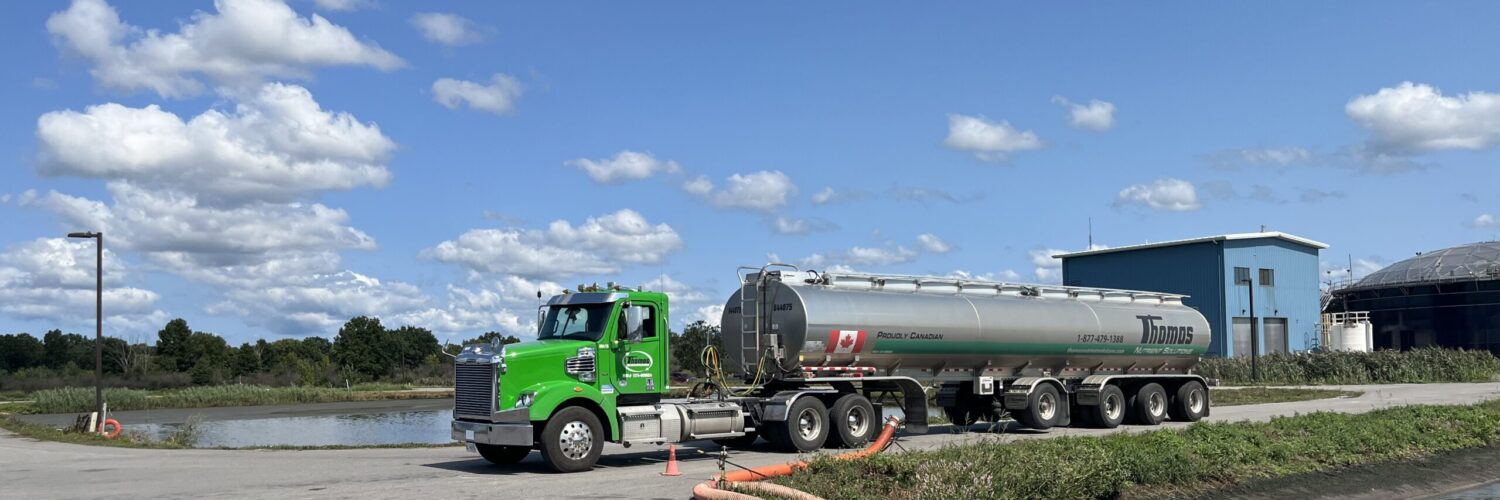The city of Chase in British Columbia is considering a plan to use biosolid fertilizer to improve bison grazing lands in the Shuswap area. An information campaign was launched to address the concerns of the surrounding community. The biosolids will be mixed with a pasture to improve the grazing conditions for bison which has been decreasing in number through the years.
“The hope is this is going to rejuvenate that soil because it is pretty well depleted – there is no fibre left in it and it will be good for grass again, so we can get the bison back on the pasture,” says Louis Blanc, the owner of Turtle Valley Bison Ranch.
One of the main concerns of the community was how the application of the biosolid fertilizer would affect the nearby creeks that feed the Shuswap Lake. “In this day and age, putting a questionable product on a mountainside right next to a creek that runs into Shuswap Lake is kind of worrying, in my opinion.” said Shirley Mainprize of the Turtle Valley Donkey Refuge.
NutriGrow and Arrow Environmental, the companies charged with the application of the biosolid fertilizer, have provided a detailed plan on how they will use the biosolids in a responsible and effective manner.
Brad English, manager of Business Development with Arrow, emphasized that the Turtle Valley Bison Ranch will adhere to progressive and sustainable farming methods and will endeavour zero waste or at least minimal negative impact on the environment. Biosolids are a limitless renewable resource and have several documented benefits as a fertilizer that restores organic matter and provides vital nutrients to the land.
The biosolid fertilizer they plan to use are being applied at areas of the ranch that are documented to be devoid of nutrients to sustain future plant growth.
The objective is developing grazing pastures for bison in the near future. Utilizing biosolids to the land will lower the incidence of runoff and soil erosion, improve plant growth, and decrease the need for chemical fertilizers and irrigation water.
Arrow Environmental went further by stressing the important distinctions between the biosolids that they will use and the more commonly used manure. Biosolids are composed of processed human waste mixed with soil and compostable material. The process of creating biosolids means that it went through a thorough system of decontamination to remove harmful pathogens and incorporate composts such as wood chippings, which contribute to a slow release of nutrients that would hopefully make the soil more sustainable for the long term.
“Biosolids are not untreated waste like sewage or manure. They are also not the same as sewage sludge, which is what’s produced in the first stage of wastewater treatment process,” English said.
“Bacteria and high temperatures sanitize, stabilize, and shrink wastewater solids, converting them to an earthy, soil-like material referred to as biosolids.”
The government of British Columbia has even provided statistics to indicate that more than 70 per cent of biosolids in the province are put back into the land using this process.
If you are a municipality in Ontario and in need of a biosolids management solution, please feel free to contact us on 1 (877) 479-1388.
Sources:
https://nutrigrow.ca
http://www.llbc.leg.bc.ca

